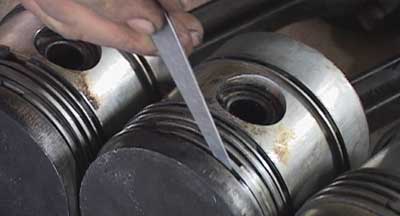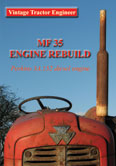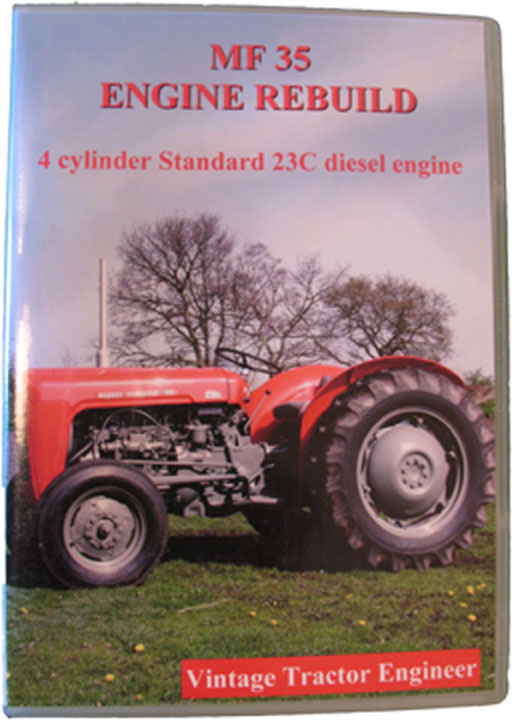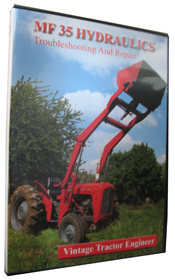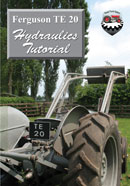Want to check out our tractor maintenance videos? Click here to see what we've got!
Last week we took a trip down memory lane when we talked about threshing dyas and saw vidoes from the Rosemount Vintage Festival. This has provoked quite a response with people making various comments.
Opposing Views
One gentleman commented that we shouldn’t look back with rose tinted spectacles. Farmers’ lung, bad backs, poor pay, dust, itching skin, noisey machinery causing hearing damage and long hours.
Another gentleman wrote in to say what a success these efficient machines were, taking the load off men and horses when things previously were done by hand with no machinery other than a scythe and a horse and cart.
Both valid comments.
Memories Of Those Days
Here are some of your comments and memories…
‘Men worked hard back then . ‘We’d get up at first light and work all day stopping only for lunch. And then carry on until sometime after 9. Come home in the dark and have a wash. Sit down for a meal and then get some sleep before doing it all again. These machines are really the first huge successes of mechanisation. It is good to see the processes now gone and replaced with modern tractors and combine harvesters.’
‘The horses drew sickle bar mowers and stationary hay presses run on steam were used where the straw was filled into the press with hay forks by hand and bales tied with steel wire by hand in the press. The cut hay on the feilds was put into windrows by hay sweeps such as the Fordson was seen towing. The story goes that horse drawn implements around this time were converted here to be pulled by tractors. In this area hay season must have been the busiest period of the year in dairy farming country. I also understand ploughing was still done with the horses as it was faster than the tractors of the time. I cannot pinpoint the era precisely but my Grandfather who ran the farm then bought a brand new International B12 tractor which was still going when I was only 12 Y.O. So I got to drive it ,being on steel wheels I felt no sadness in hopping out of the seat and not returning to driving it before the last years it was to spend in a restaurant outdoor display. From there it was probably sent to the scrap heap?’
‘With stacks of sheaves in the dutch barn full of grain the farmyard was always full of rats. It took so many men to work the threshing drum that we all helped each other in the village for the threshing days. One farmer we helped always set up zinc roofing sheets into a funnel shape. The rats would run along and end up dropping into a water trough at the end of the funnel.’
‘One of the men feeding the drum dropped his pitch fork and it went through the machine. It came out the back of the machine and when he picked it up it he burnt his hand as it was red hot.’

